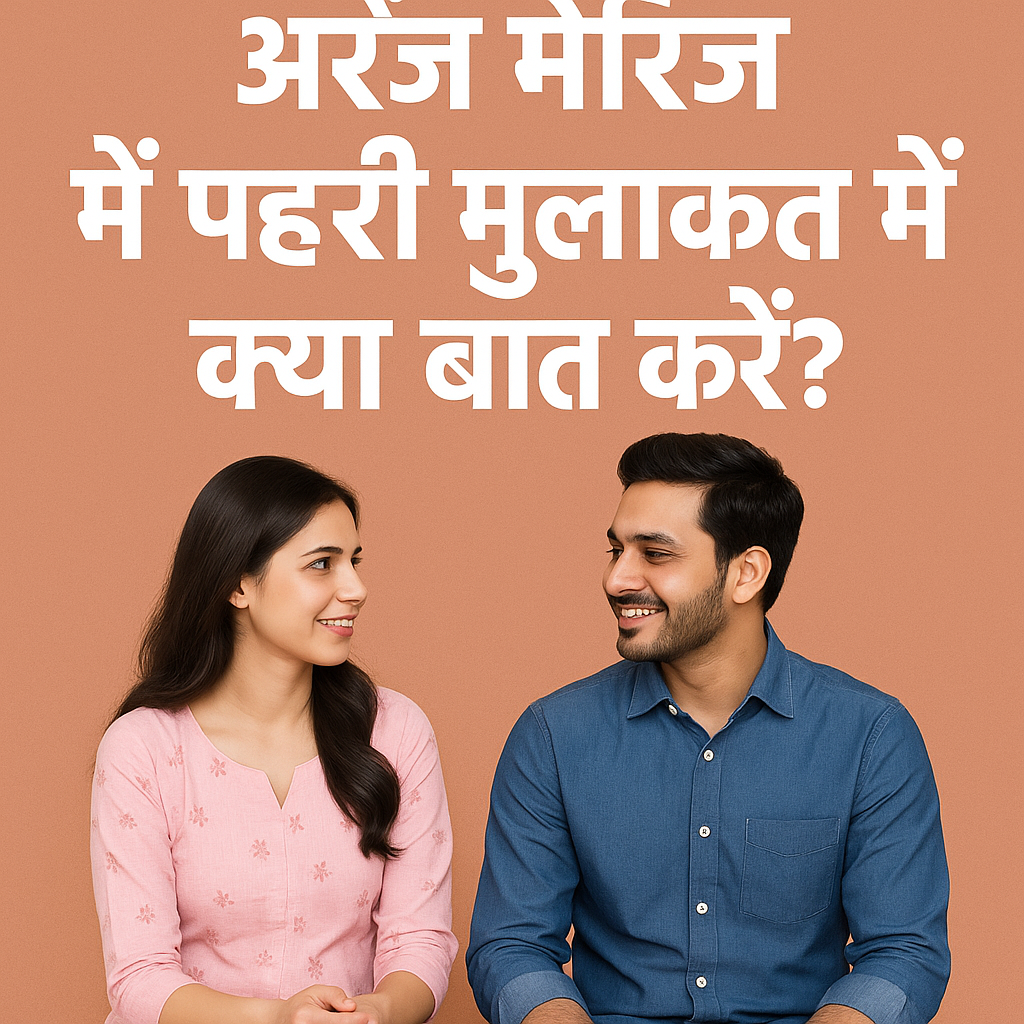The One Nation One Election proposal has recently sparked heated debates across India. On December 17, 2024, a bill was introduced in the Lok Sabha that aims to synchronize national and state elections in India. This proposal has become the subject of intense political discussions, with the ruling party championing it as a game-changing reform, while the opposition raises concerns about its impact on India’s democracy.
In this article, we will explain what the One Nation One Election bill is, why it has caused so much controversy, and whether it can be considered a masterstroke or a threat to democracy. Let’s dive into the details of this bill and explore both sides of the debate.
What is the One Nation One Election Bill?
The One Nation One Election bill is a proposal to hold national and state elections simultaneously every five years. Currently, elections in India are held frequently, with Lok Sabha (national) elections and state assembly elections taking place at different times. This often leads to elections happening throughout the year, causing governance disruptions, financial strain, and administrative hurdles.
The Current Election System
Under the current system, India faces elections almost every year. In 2024 alone, the Lok Sabha elections were followed by elections in multiple states like Jammu & Kashmir, Maharashtra, and Jharkhand. This situation leads to governance paralysis as political campaigns take center stage, delaying essential projects and services.
The Model Code of Conduct (MCC), a set of rules to ensure fair elections, halts governance activities during elections. This can stretch for months, severely impacting public investments and development projects. For instance, during the 2017 elections, studies found that governance in India was paralyzed for over 6 months, with essential services delayed and administrative resources stretched thin.
The BJP’s Argument for One Nation One Election

The BJP argues that One Nation One Election will resolve several pressing issues:
1. Governance Disruptions
With multiple elections happening in different states, there is a significant disruption in governance. The election model results in months of policy paralysis. By synchronizing elections, the BJP believes this will lead to better and more efficient governance.
2. Cost Savings
Holding separate elections is expensive. For example, the 2019 Lok Sabha elections alone cost around ₹60,000 crores. The cost of conducting separate state and local elections increases this burden. The BJP claims that One Nation One Election will save a considerable amount of money, which can be directed towards national development.
3. Economic Growth
According to a government study, simultaneous elections could boost India’s GDP by 1.5%, contributing around ₹4.5 lakh crores to the economy. This would also reduce inflation by 1% and increase government expenditure by 18%. The proposal envisions a more focused approach to governance, with elected officials spending less time campaigning and more time working on developmental issues.
4. Administrative Efficiency
The proposal also promises better administrative efficiency. By holding elections together, the government can focus on core functions rather than diverting resources to election duties. For instance, police forces and teachers, who are often pulled away from their regular work during elections, would be able to concentrate on their regular duties.
Why is the Opposition Against One Nation One Election?

Despite the BJP’s strong support for the bill, the opposition parties have raised several concerns about the One Nation One Election proposal. Here are some of the challenges they have highlighted:
1. Constitutional and Legal Issues
India follows a federal structure, where both the central government and state governments operate independently. Synchronizing elections would require a major constitutional overhaul. This could lead to the dissolution of state assemblies before their terms end or even impose President’s Rule, where the central government takes control of states. Both options are viewed as dangerous precedents by the opposition.
2. Threat to Federalism
Opponents argue that the proposal undermines India’s federal structure. Allowing the central government to control when state elections are held could lead to a situation where states lose their independence in decision-making. Regional parties, which play a crucial role in state politics, fear that this bill will weaken their influence and pave the way for a centralized government.
3. Political Manipulation
There are also concerns about the bill being used for political manipulation. By synchronizing elections, the central government could potentially use its resources and influence to dominate the political landscape. Critics argue that this could pave the way for a one-party system, reducing the diversity of political voices in India.
4. Logistical Challenges
Implementing One Nation One Election would be logistically challenging. India has diverse states with varying political landscapes, and coordinating elections across such a vast country with different local issues is no easy task. The opposition contends that this could lead to chaos and complications in managing election logistics effectively.
Conclusion: Masterstroke or Threat to Democracy?
The One Nation One Election bill has its advantages and drawbacks. On one hand, it promises efficiency, cost savings, and a boost to economic growth. On the other hand, it raises serious concerns about constitutional issues, the potential for political manipulation, and the impact on federalism.
Whether this bill is a masterstroke or the death of democracy depends on how it is implemented and whether it respects the democratic principles that India was founded on. For now, the debate continues, and it’s clear that One Nation One Election will be one of the most controversial reforms in India’s political history.
FAQs
1. What is the One Nation One Election bill?
The One Nation One Election bill is a proposal to synchronize national and state elections in India, holding them simultaneously every five years to improve governance and reduce election-related disruptions.
2. Why is the BJP supporting the One Nation One Election bill?
The BJP believes that synchronizing elections will reduce governance disruptions, save costs, and boost India’s economy by allowing more focus on development and governance.
3. Why is the opposition against this bill?
The opposition argues that One Nation One Election undermines India’s federal structure, creates constitutional issues, and could lead to political manipulation by the central government.
4. Will One Nation One Election save money?
The proposal is expected to save a significant amount of money by reducing the cost of holding multiple elections and reducing the strain on administrative resources.
Info Source: Click here






Leave a Reply